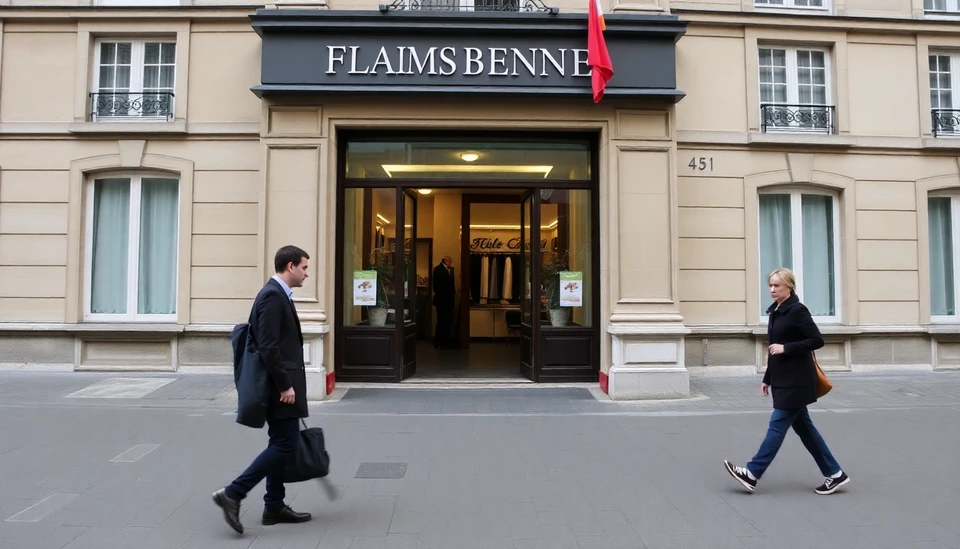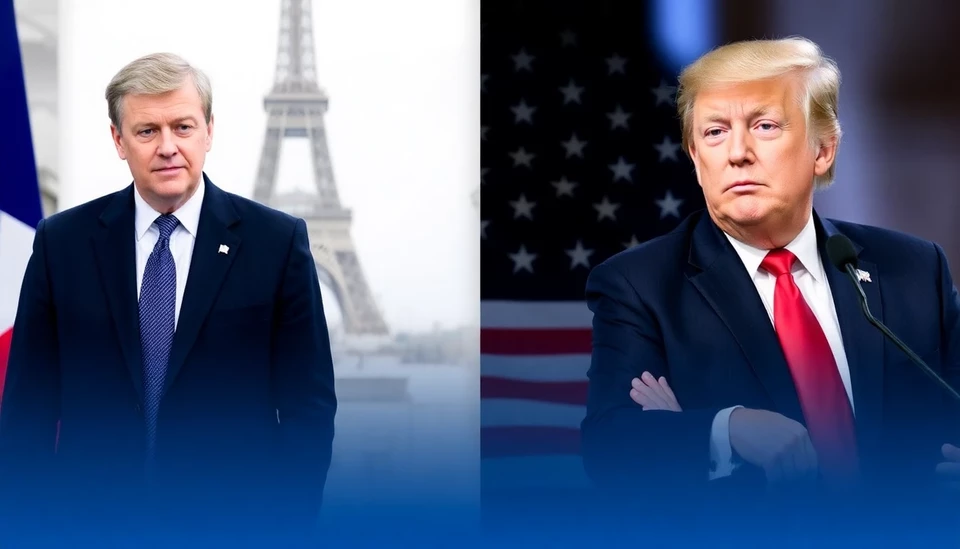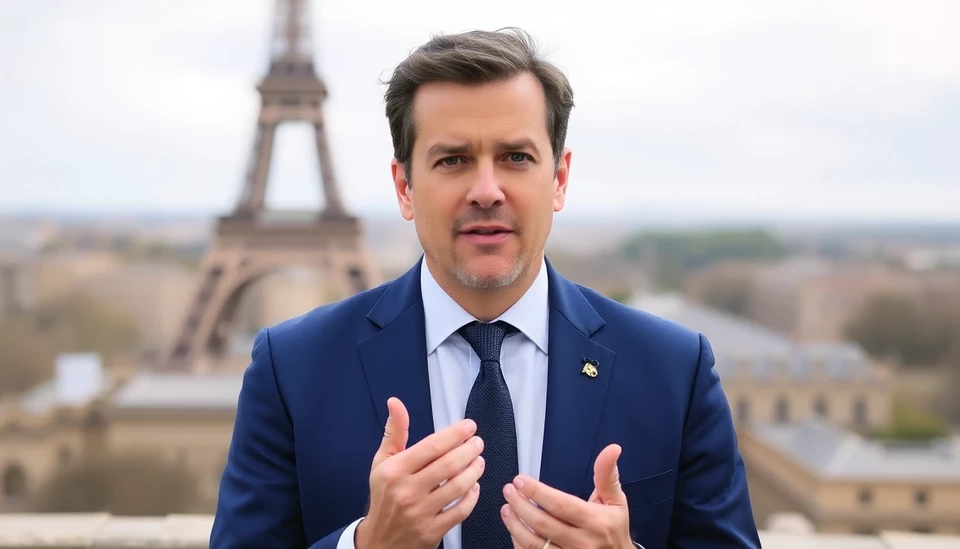
In a significant economic update, France has announced a reduction in its growth forecast for the year, taking into consideration the adverse effects of increased tariffs imposed by the Trump administration. This decision, influenced by a mix of international trade tensions and domestic economic challenges, is expected to create ripple effects across various sectors of the French economy.
The French government now estimates that the nation's GDP will grow by only 1.1% in 2025, down from previous projections of a more optimistic 1.4%. This revision highlights the increasing uncertainty in global markets, exacerbated by the ongoing trade disputes between the United States and other countries, particularly affecting the European Union's economies.
Officials attribute this adjustment mainly to the tariffs levied on steel, aluminum, and a range of goods exported from the EU to the U.S. Importantly, these tariffs not only raise the costs of imported materials for French manufacturers but also threaten to ignite retaliatory measures from affected nations, further complicating international trade relationships.
The French economy, which has shown signs of resilience, particularly in sectors like technology and luxury goods, is now facing mounting pressure. Analysts predict that the latest tariff measures could stifle business investment and consumer spending, both crucial drivers of economic growth. Additionally, companies fear that heightened tariffs could lead to job losses and decreased production volumes, contributing to a slowdown in economic momentum.
French President Emmanuel Macron's government is under scrutiny to devise effective strategies to mitigate these economic challenges. The administration has been proactive in seeking alliances within Europe to address the trade issues collectively while fostering growth and stability in the French market.
As the situation develops, the focus will remain on how international trade relations evolve and what measures France can implement to shield itself from the fallout of the ongoing tariff disputes. The economic forecast will also play a critical role in shaping voter sentiment as France approaches its upcoming elections, where economic stability is a top concern for the electorate.
The interplay between international policies and domestic economic conditions underscores the complexity of today’s global marketplace, and France appears to be at a pivotal juncture in navigating this turbulent landscape.
As analysts and economists continue to monitor these developments, the outlook remains cautious. France's adaptation to the new economic realities created by tariffs will require innovative solutions and a resilient approach to economic management.
While the current forecast reflects a struggle against external pressures, it serves as a call for both government and industry leaders to prioritize agility in their response to international market dynamics.
In summary, as tariffs continue to dominate the global news cycle, France's adjusted growth forecast underscores the vulnerabilities within its economy, prompting urgent discussions on future strategies to ensure sustainable growth and stability.
#France #GDP #TrumpTariffs #Economy #Trade #EmmanuelMacron #EconomicForecast #GlobalTrade
Author: Rachel Greene




